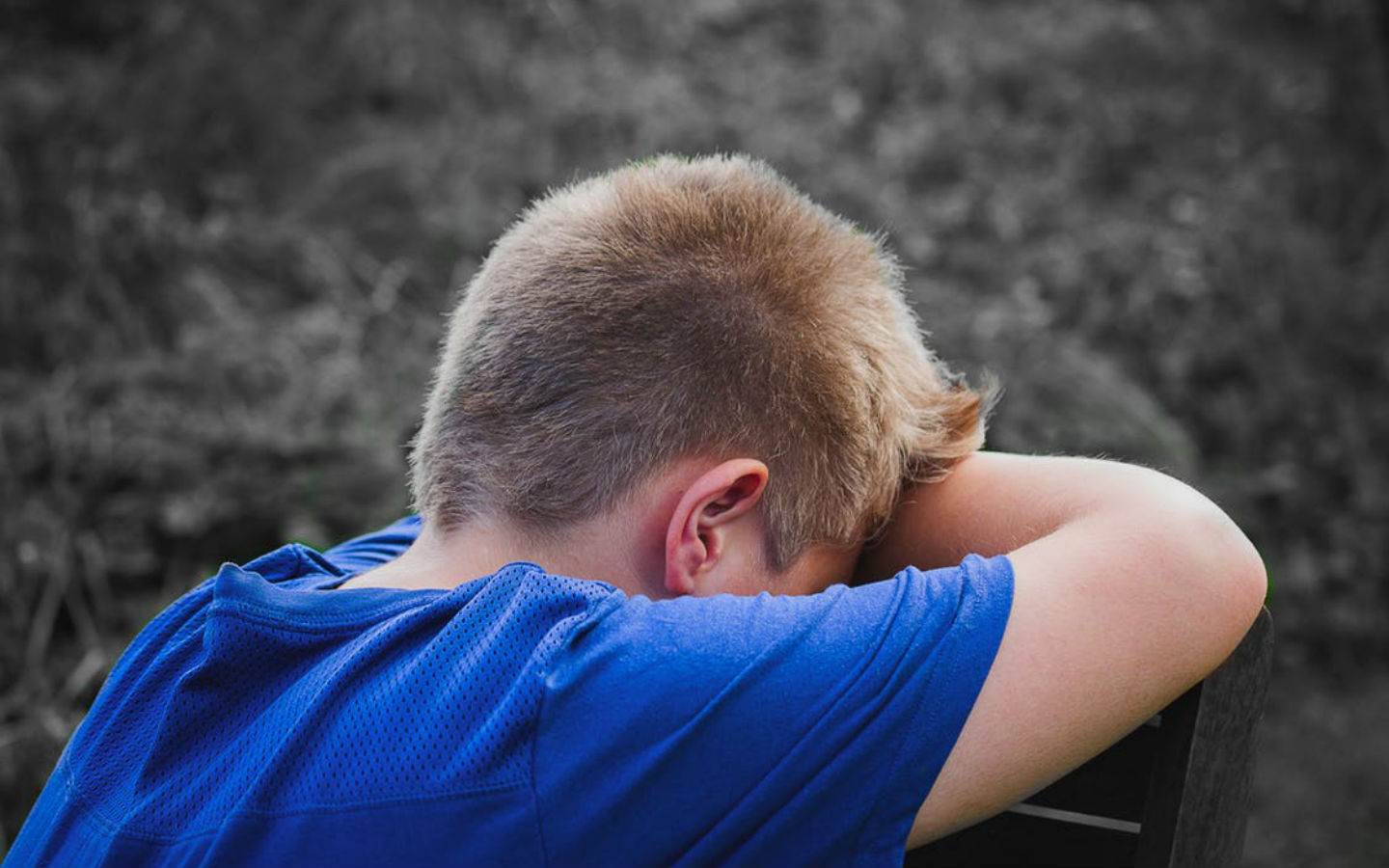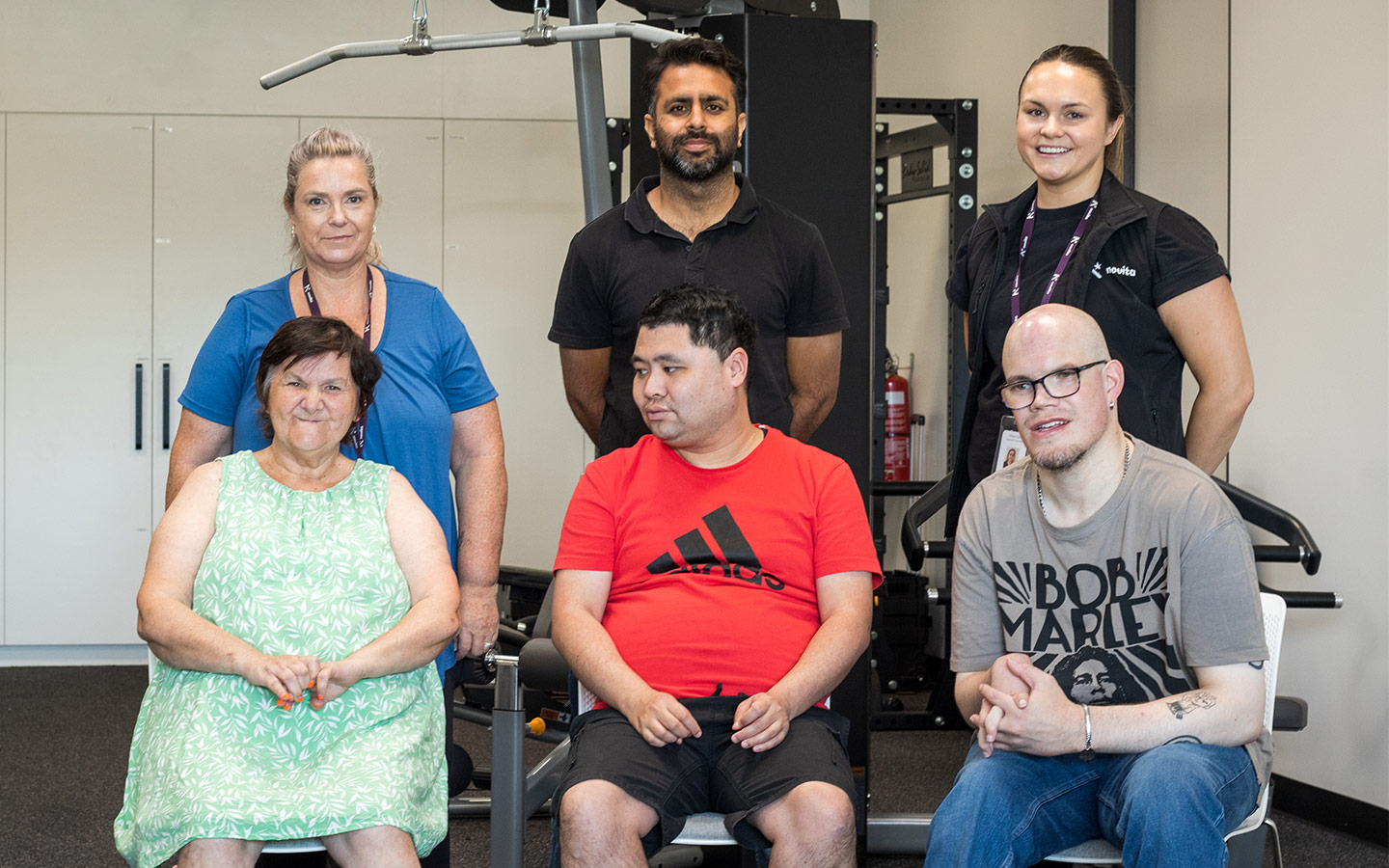Helpful Information
Anger – feeling and facing it

Anger is a feeling that all experience sometimes. It can arise in response to unfair or unreasonable events or expectations.
Why manage anger?
Anger is a normal emotion that we all feel from time to time. However, how a person acts when they are feeling angry can make a big difference to the outcome of the situation. Negative effects of anger can include:
- people feeling embarrassed, frightened and uncomfortable
- broken or damaged relationships
- damage to people and property
- going through the courts, and even
- ending up in jail!
The negative effects can take different forms:
- They may be short or long term
- They may not be seen straight away – they can be hidden under the surface
- Some negative effects may only become obvious when people are feeling very low.
Managing responses to anger in an appropriate and safe way can have real benefits for health and well-being. If the energy brought about by feelings of anger is used for something positive, the results can be very rewarding.
Is it OK to feel angry?
All feelings are OK. It is OK to feel anger. Feeling anger does not make somebody a bad person. Feeling anger isn’t necessarily bad for the person either. It is the reactions to the feelings of anger that can cause problems. For instance, the person may direct their anger toward themselves and carry a lot of guilt, or they might also direct it towards other people.
How does the person who is angry react to feelings of anger?
Changes may occur in the body such as:
- increased heart rate
- changes in breathing
- a red face
- shaking
- sweating
- tensing of some muscles
- stomach churning, and increased arousal – getting ready for action.
Changes in behaviour can occur, such as:
- raising the voice
- increased activity level, for example, pacing the floor, or clenching the fists
- deliberate tensing of some muscles
- verbal anger – shown by shouting or threatening with words
- physical anger – shown, for example, by slamming doors, throwing things, hitting somebody
- withdrawal – refusing to try to get along with, or have any contact with the other person
- clamming up – a temporary inability or unwillingness to speak.
What are the possible effects on other people of these reactions?
The effects on other people who notice these reactions can be very different. It can depend on their own skill and experience in managing difficult situations. People who experience other people’s anger may react negatively by:
- expressing anger themselves in some of the above ways (this may make the situation get worse)
- getting defensive
- withdrawing
- being less co-operative
- being less likely to get into that situation again, for example, avoiding the person.
Some quick ways of responding to the person expressing strong anger that people have found helpful include:
- moving away and allowing the person to ‘let off steam’ from a distance where they are alone
- if it is safe to stay, listening and hearing what the person is saying without judging
- avoiding disagreeing with any points – save any disagreement for a time when things have cooled down, maybe even another day, or letting it go if it’s not that important
- after listening, distracting the person on to other things which are relevant and true, but more positive.
What sort of help can be provided?
- Novita psychologists help people find ways to more safely manage reactions to anger in the following ways:
- Providing information to gain a better understanding of anger and reactions to anger.
- Discussing how reactions to anger affect our lives.
- Offering and discussing ways of dealing with the reactions.
- Helping with behaviour and thinking about things that seem to be causing the anger.
- Helping people prepare to face difficult situations at a level that is manageable for them.
- Helping to find suitable ways of relaxing.
- Helping the person who gets angry to find safe ways of reacting when things go wrong.
- Guiding and training people in developing assertiveness.
- Checking out ways of managing stress.
For support around your anger as a parent, or your child’s anger, telephone the Parenting SA Helpline (1300 364 100) for the cost of a local call in South Australia.
Related external links
American Psychology Association – Anger page
This page of the American Psychology Association website provides information about anger, now to manage it and whether a person may require counselling assistance for problems with anger.
Australian Psychological Society
Information is provided about psychology, the society itself, required training to become a psychologist and details about some publications on topics of interest to psychologists. Access to some areas of the site requires registration.
Child and Youth Health Services – South Australia
Provides an extensive range of information relating to the physical, intellectual and emotional well being of children and youth (as well as adults).
KidsHealth – Anger – United States of America
Provides lots of useful information for children about anger, what causes it and how to best manage it.
Parenting SA – South Australia
Provides valuable information for parents about parenting in a wide variety of situations, including having a child with a physical disability.


